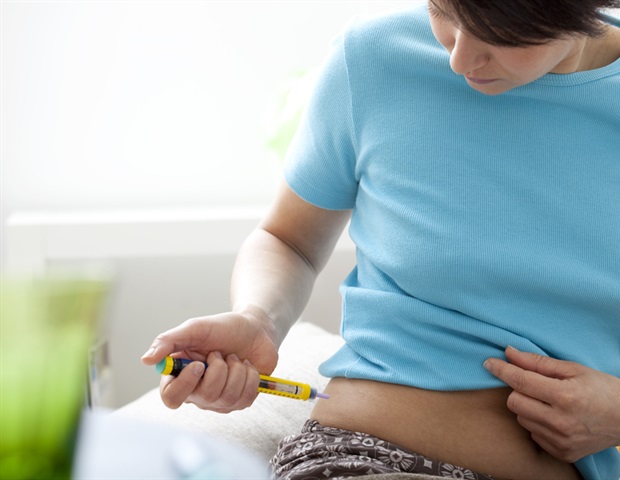Published in JAMA, a University of Minnesota led study shows that verapamil, a drug commonly used to treat high blood pressure and heart conditions, can have a beneficial effect on the pancreas in children with newly-diagnosed type 1 diabetes (T1D).
Results of the CLVer clinical trial showed that oral verapamil taken once a day improved the pancreas’ insulin secretion by 30% over the first year following diagnosis of T1D when compared with a control group that received a placebo.
“The beneficial effect of verapamil observed in the trial is extremely exciting,” said Antoinette Moran, MD, the study’s principal investigator and professor at the University of Minnesota Medical School. “Although we don’t know whether the beneficial effect of verapamil on insulin secretion by the pancreas will be sustained once treatment was stopped at 12 months, we do know that better pancreas function in the first year is associated with better long-term outcomes in type 1 diabetes.”
The University of Minnesota was one of six pediatric diabetes centers in the U.S. that participated in the study. The trial included 88 children 8 to 17 years old who started the trial within 31 days of their T1D diagnosis. Participants were monitored for known side effects of verapamil, including effects on the heart, blood pressure and liver function. The study found that verapamil was well tolerated and very few of these side effects occurred.
In addition to evaluating verapamil, the trial also assessed whether an intensive glucose management approach that included use of an automated insulin delivery system to try to get glucose levels as close to normal as possible could have a beneficial effect on the pancreas’ insulin secretion. As reported in a companion paper in JAMA, much better glucose levels were achieved with this approach compared with standard care that included use of continuous glucose monitoring; however, a benefit on the pancreas was not observed. Nevertheless, the glucose levels achieved could have long-term benefits in reducing complications of diabetes.
“The fact that verapamil is low cost and readily available, is taken orally once a day, and has a very favorable safety profile makes it a very appealing treatment for children and adults who are diagnosed to have type 1 diabetes” said Dr. Moran.
Funding was provided by JDRF, while Dexcom, Medtronic, and Tandem Diabetes Care provided devices and supplies used in the study.
